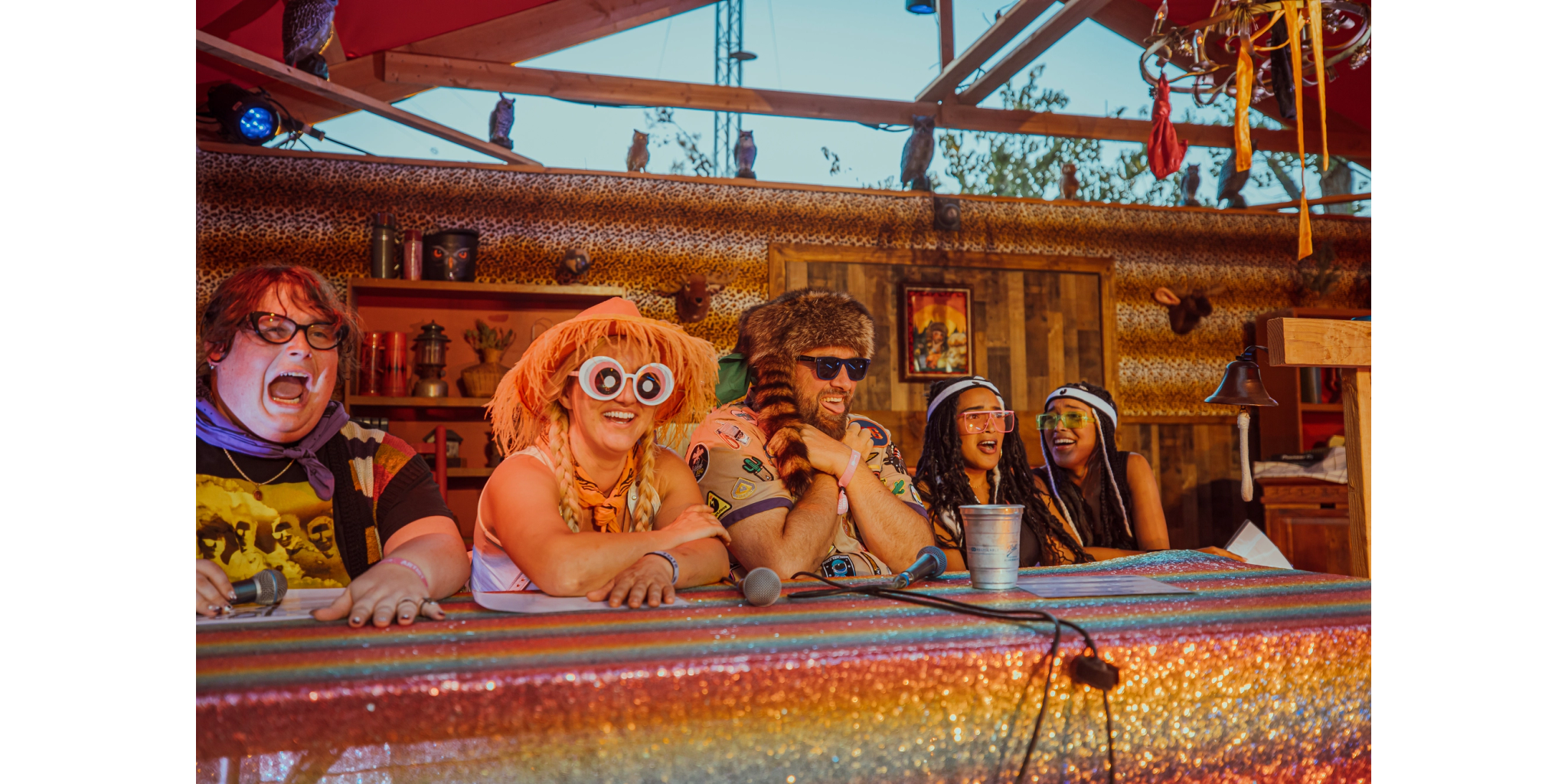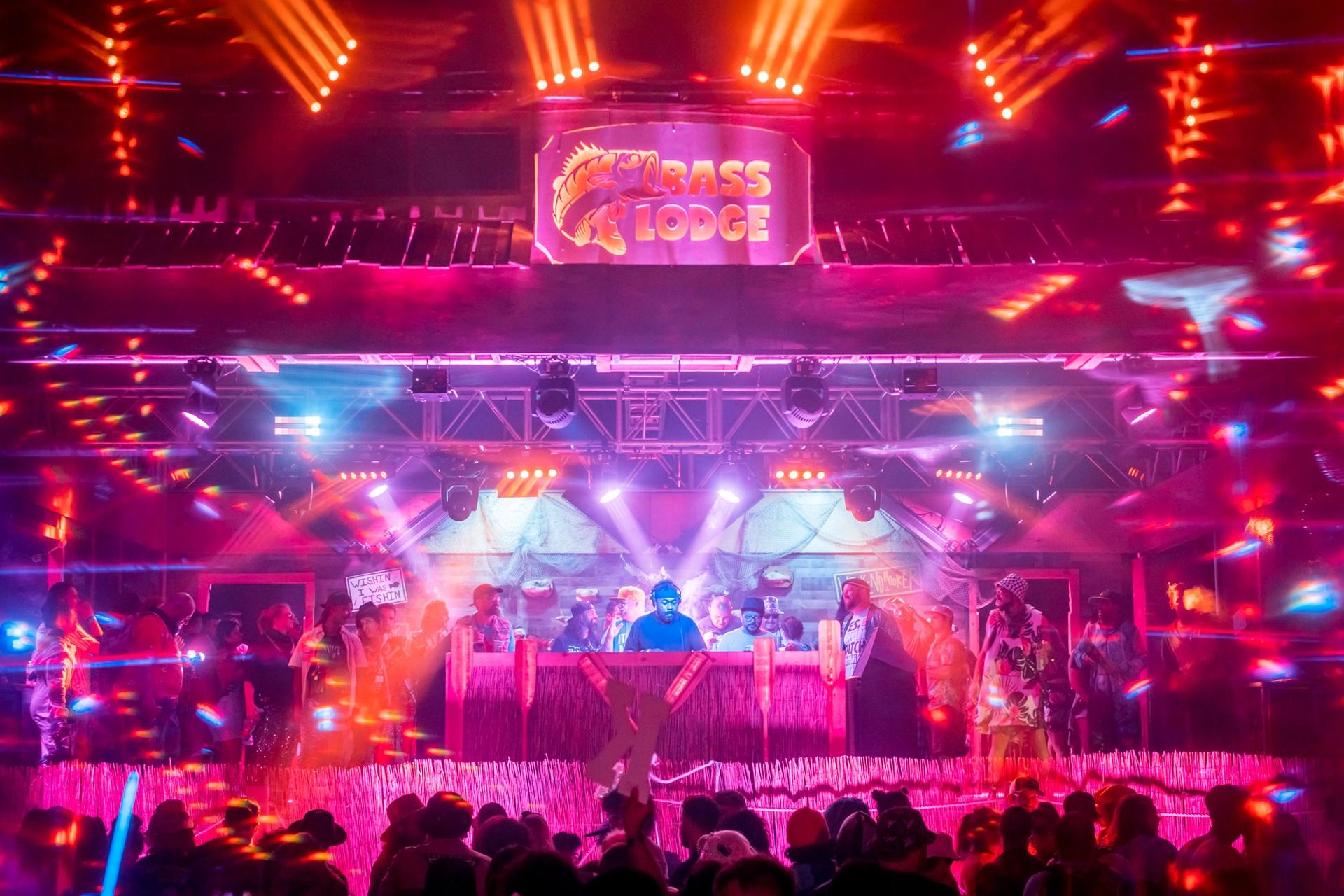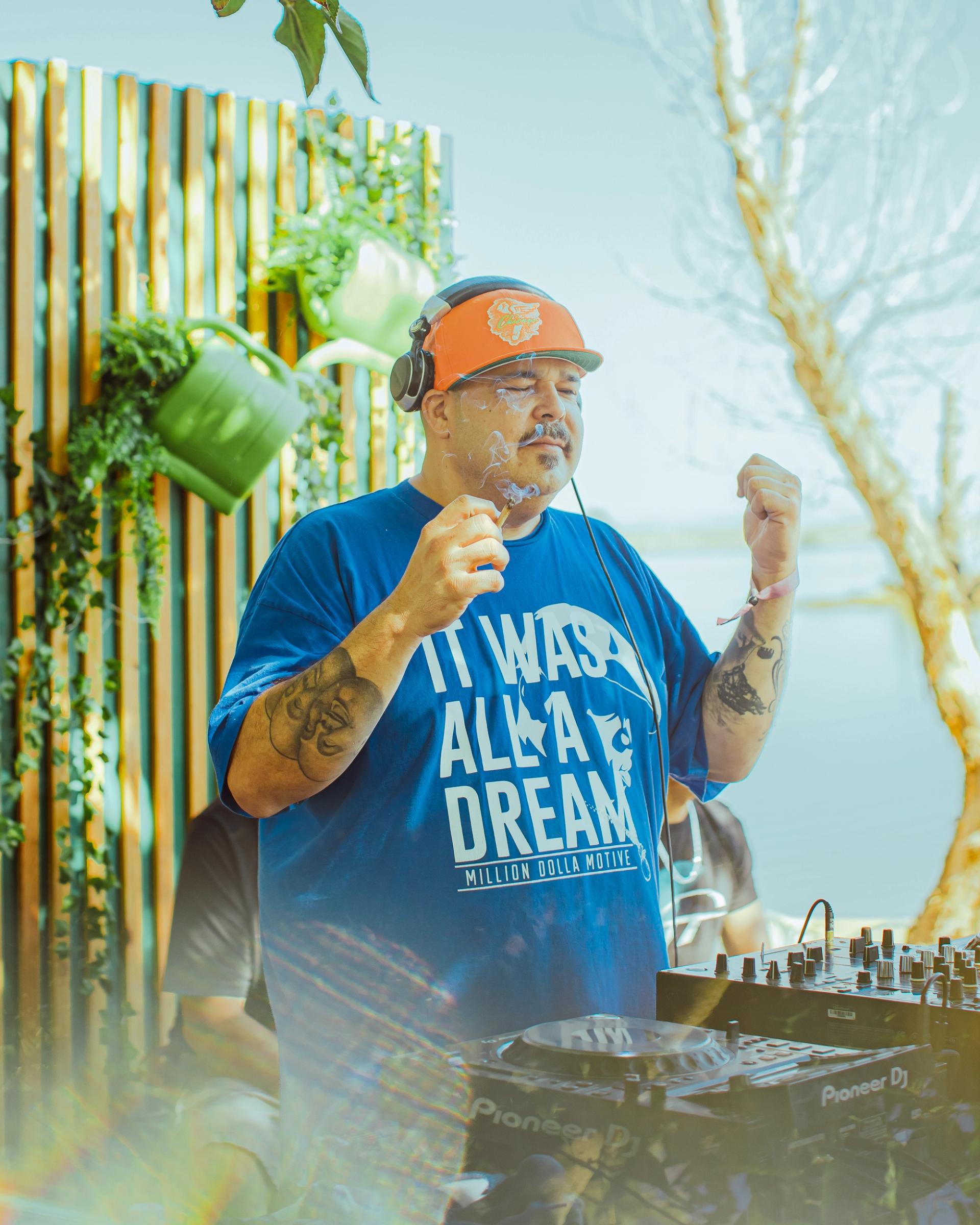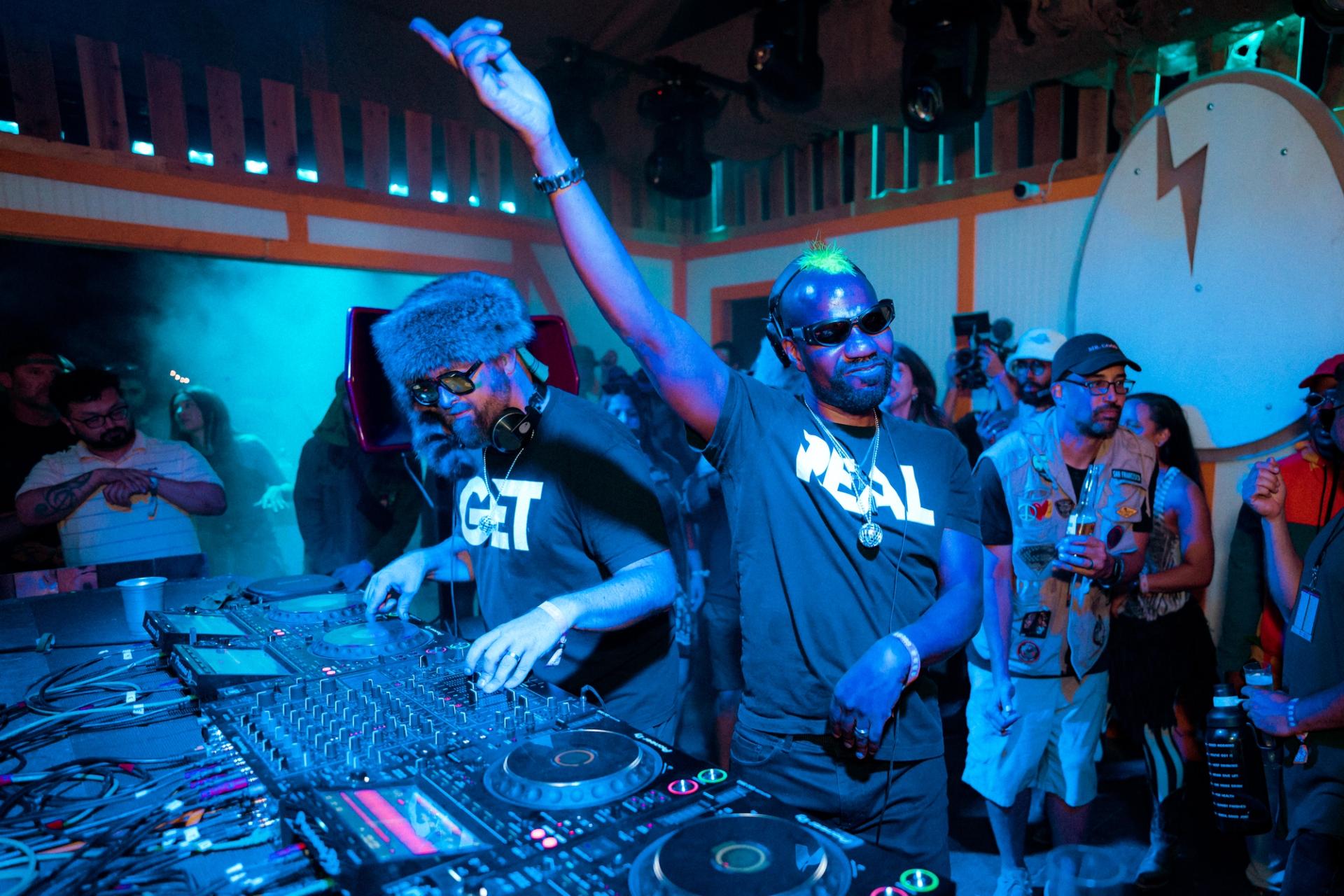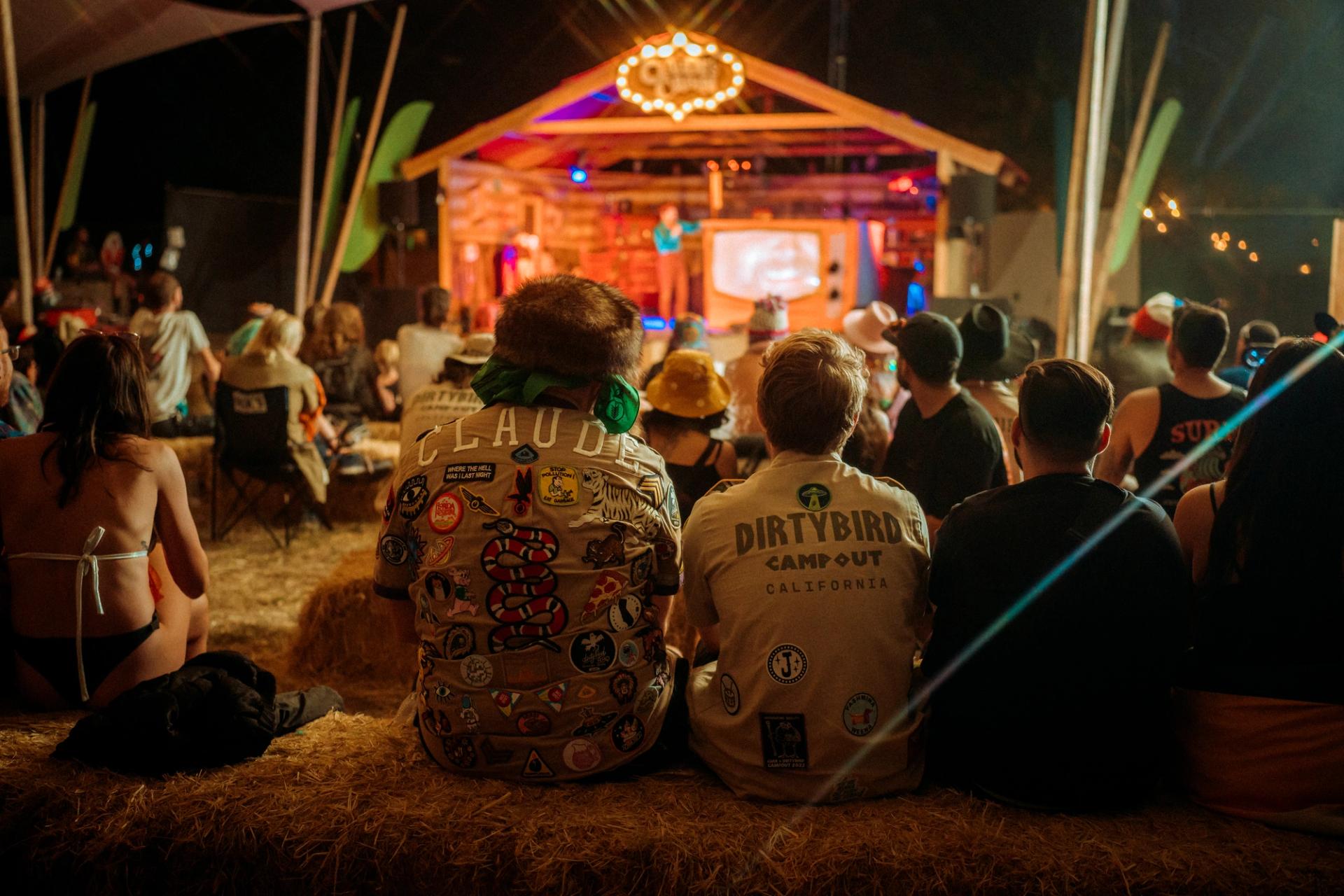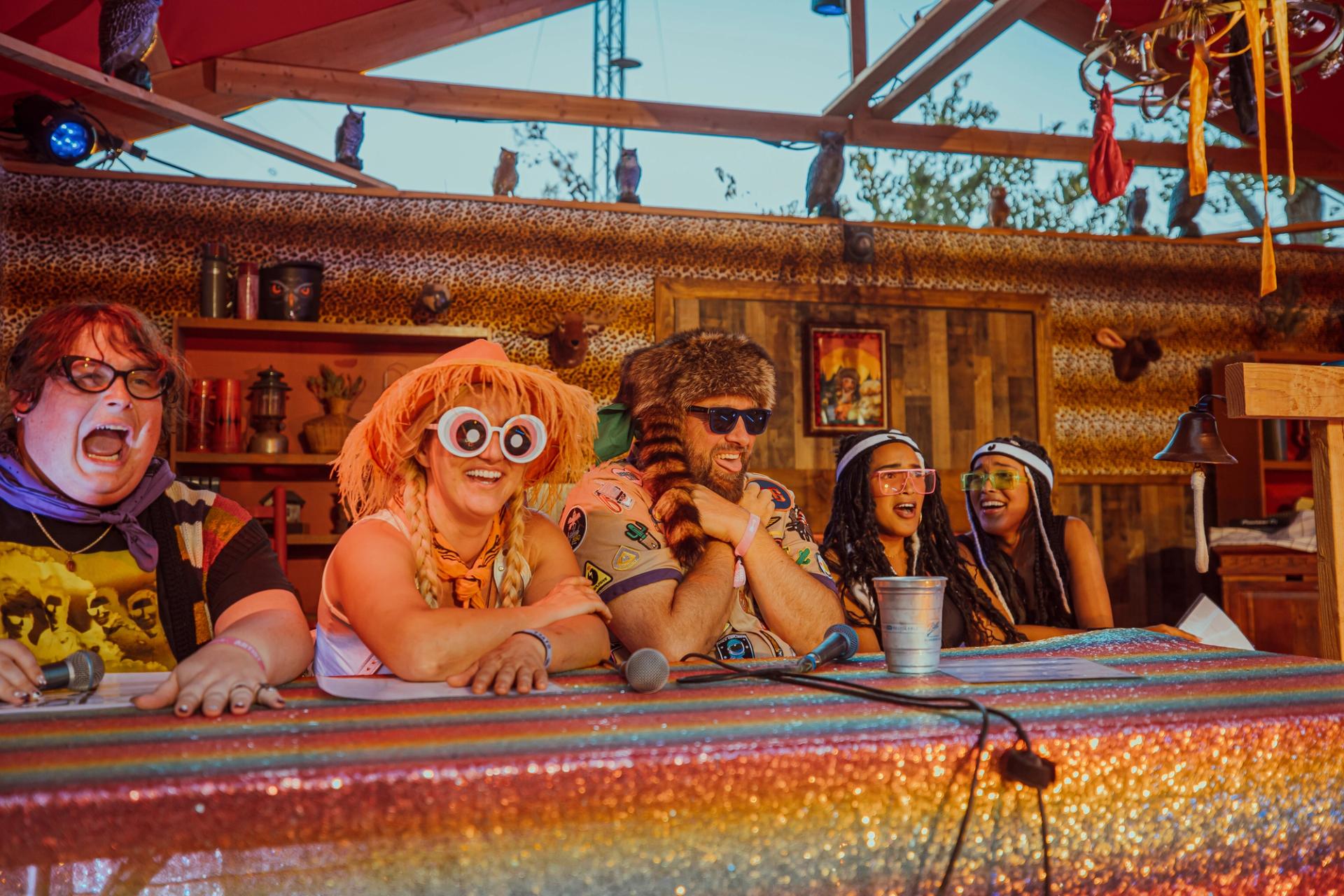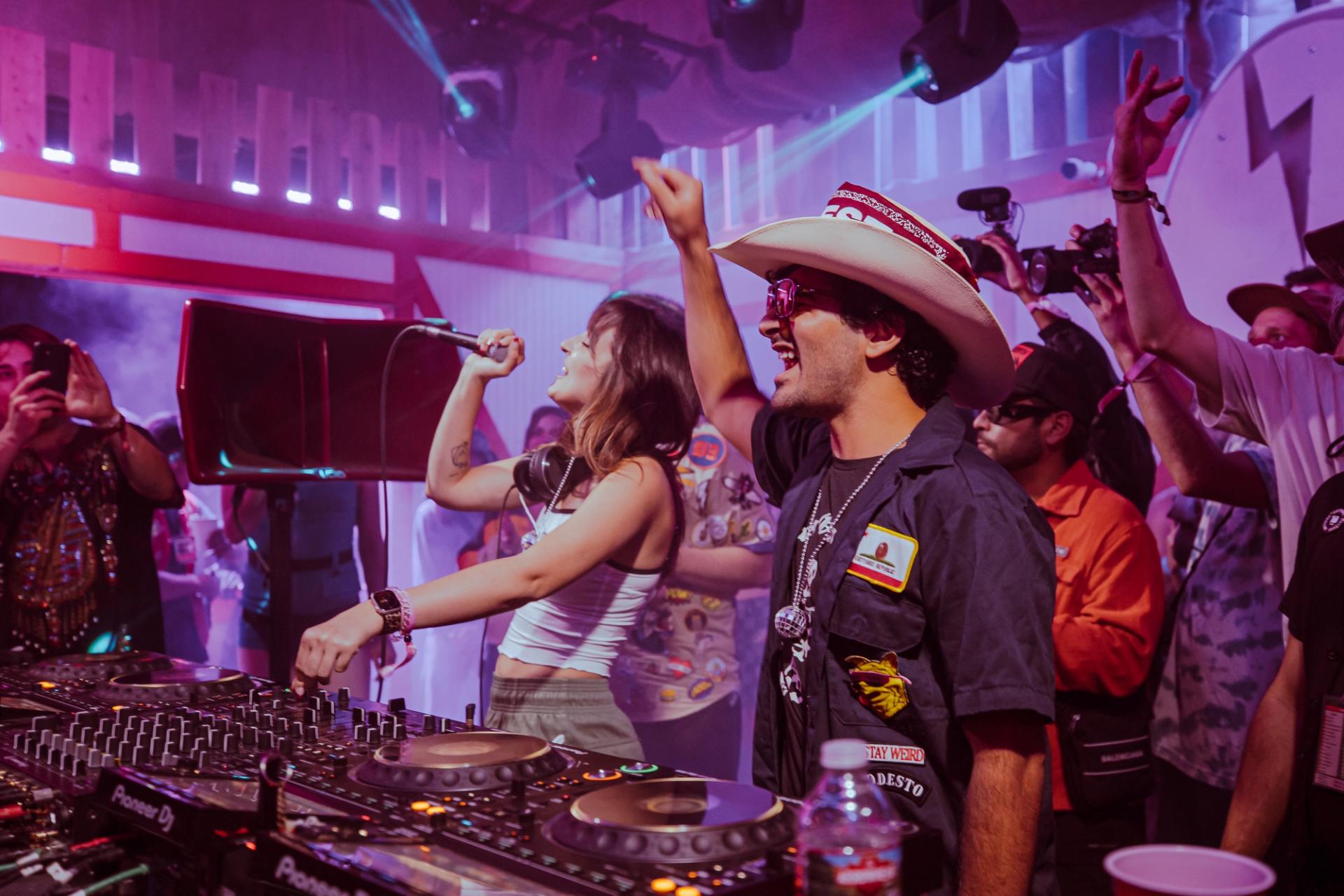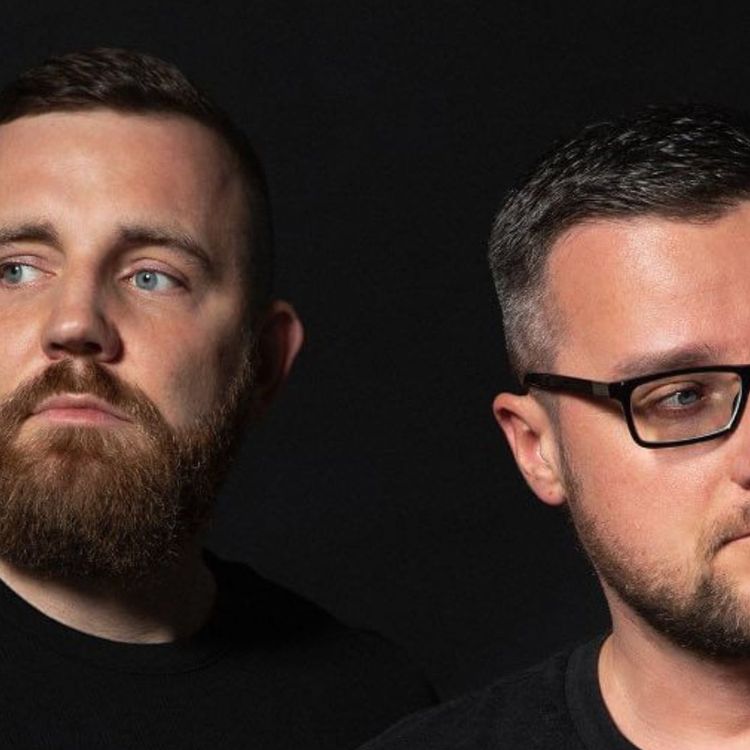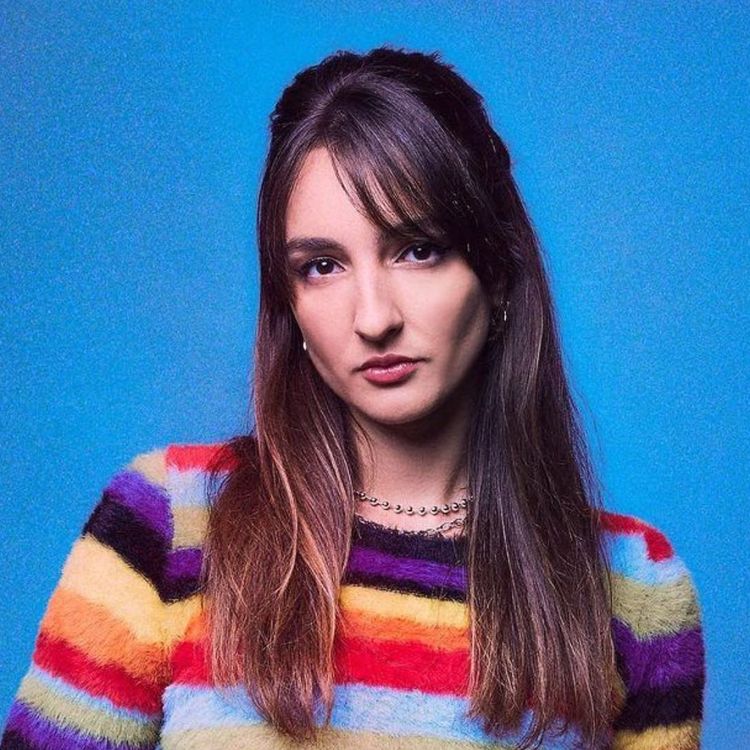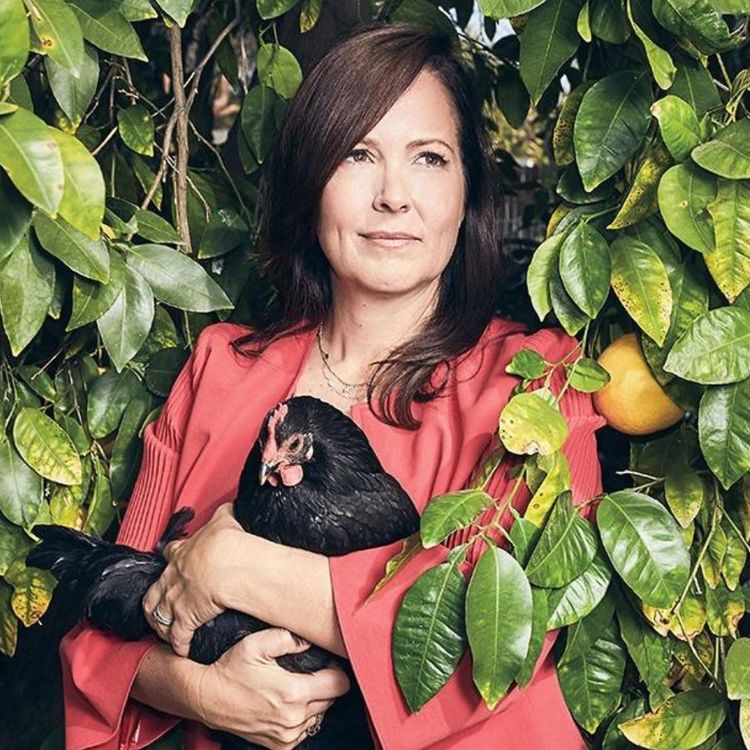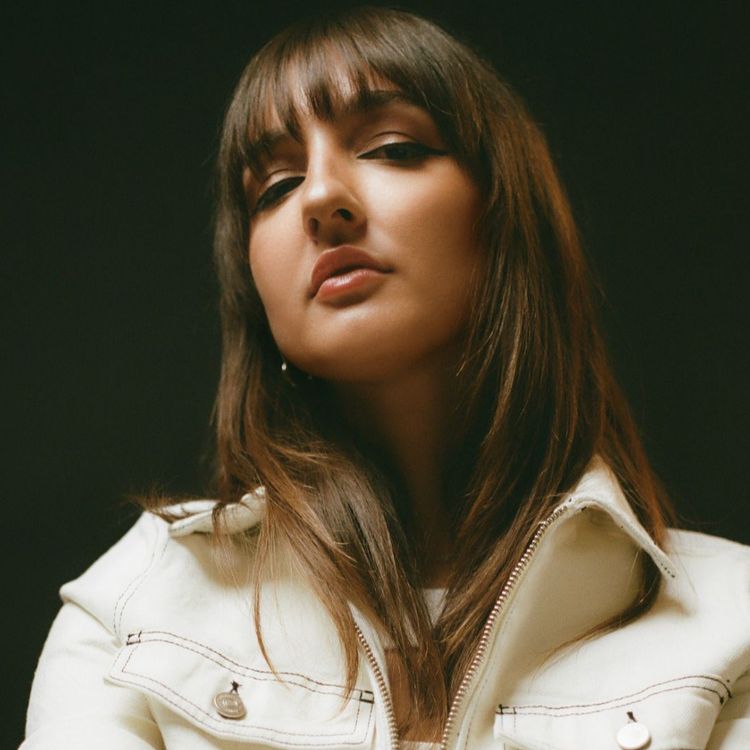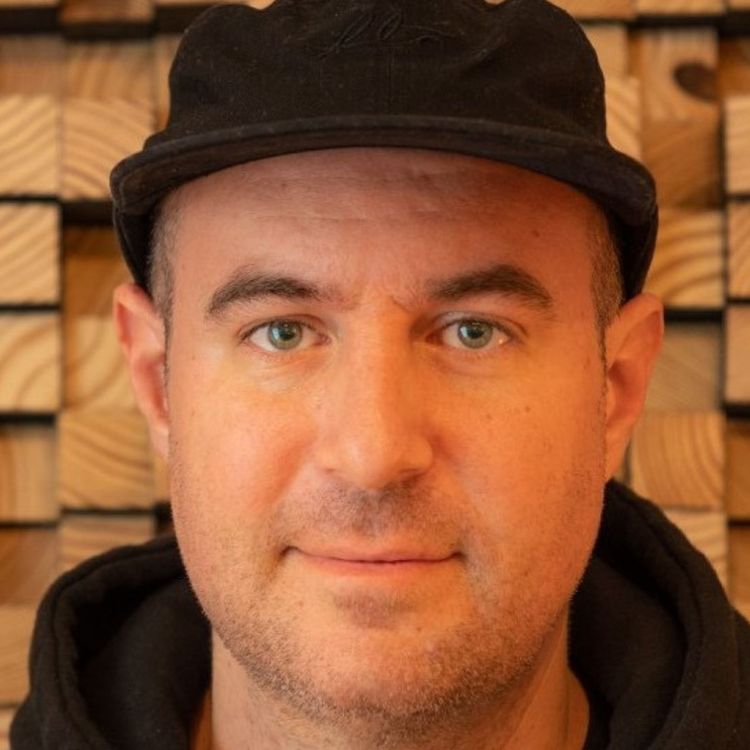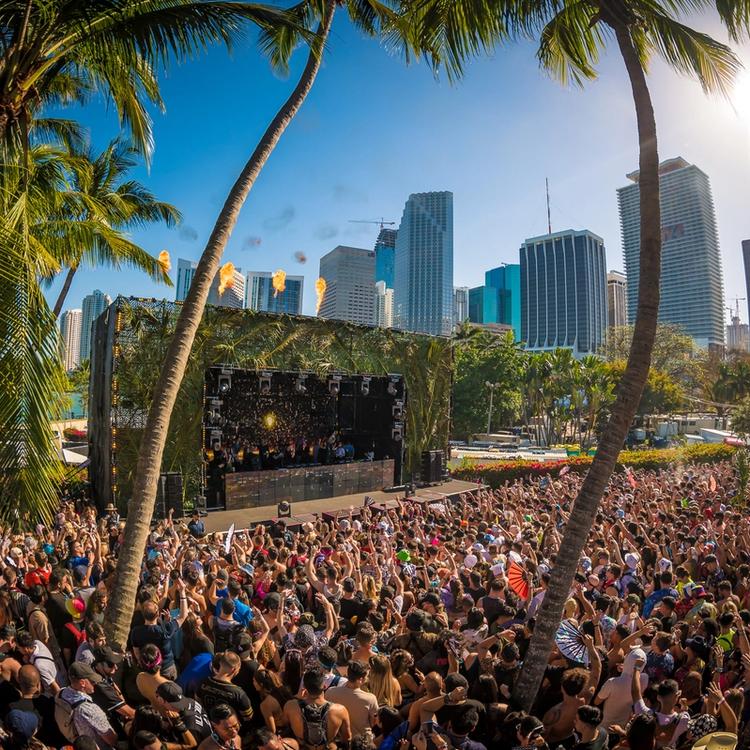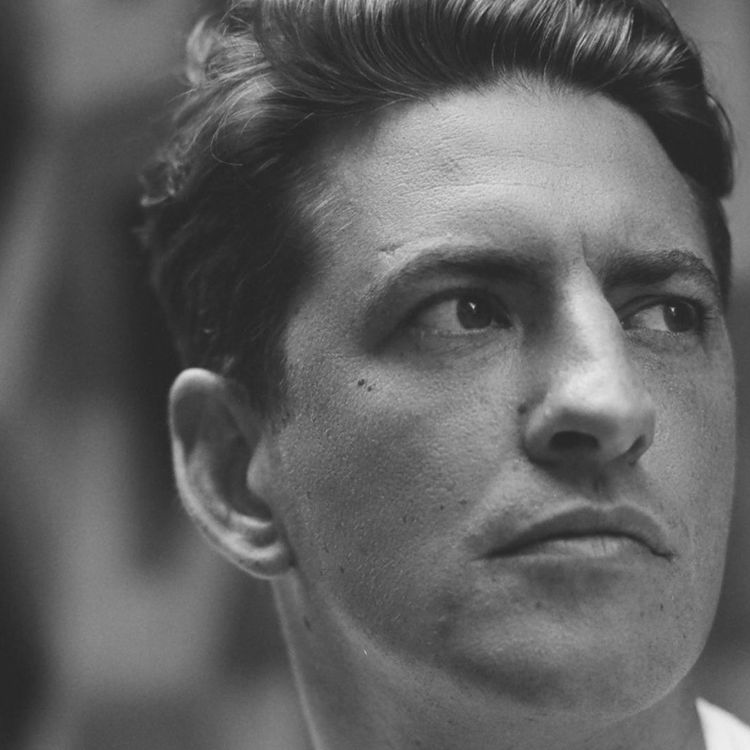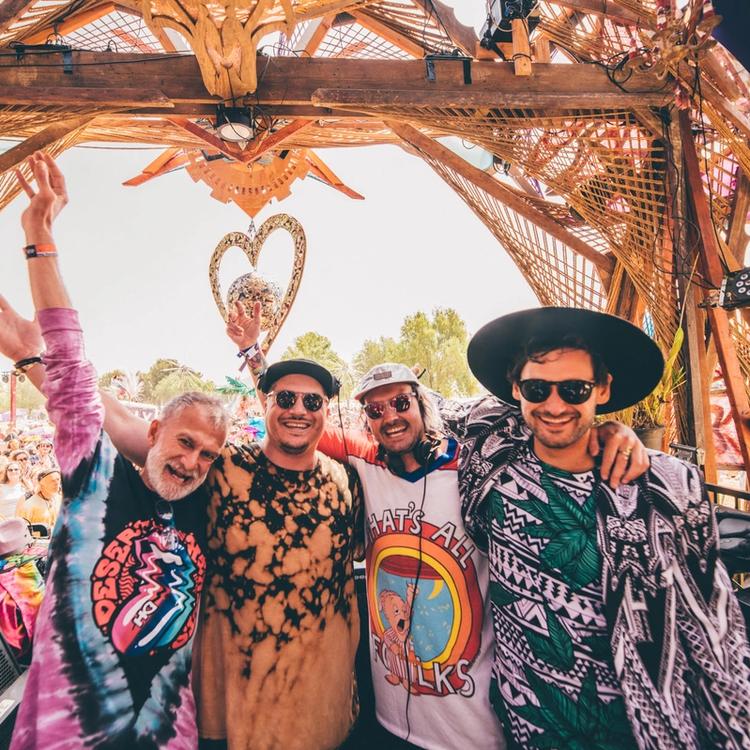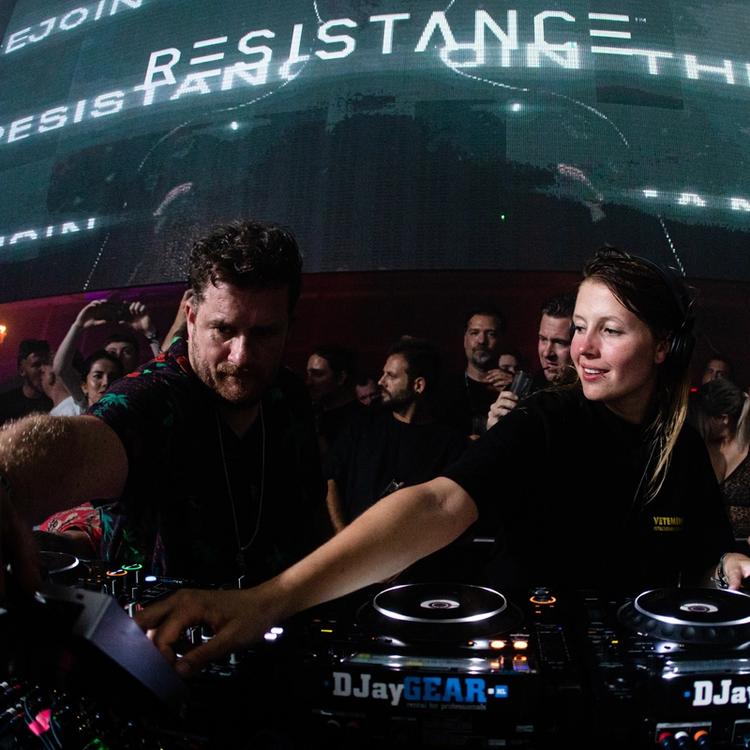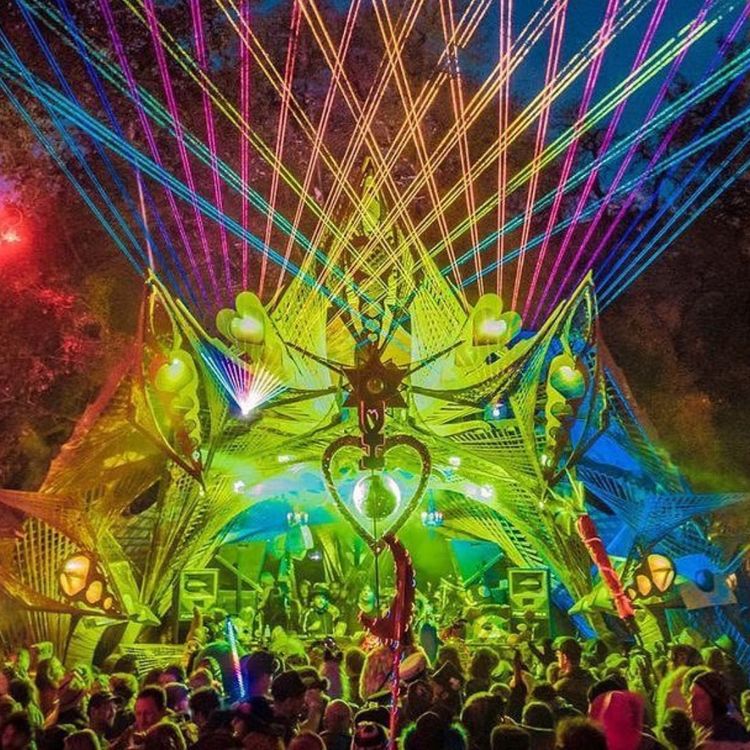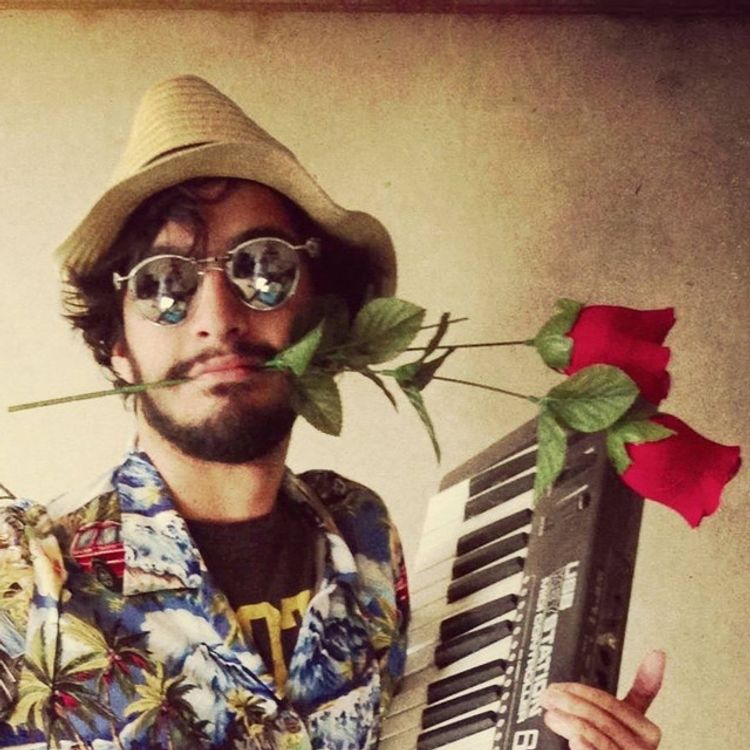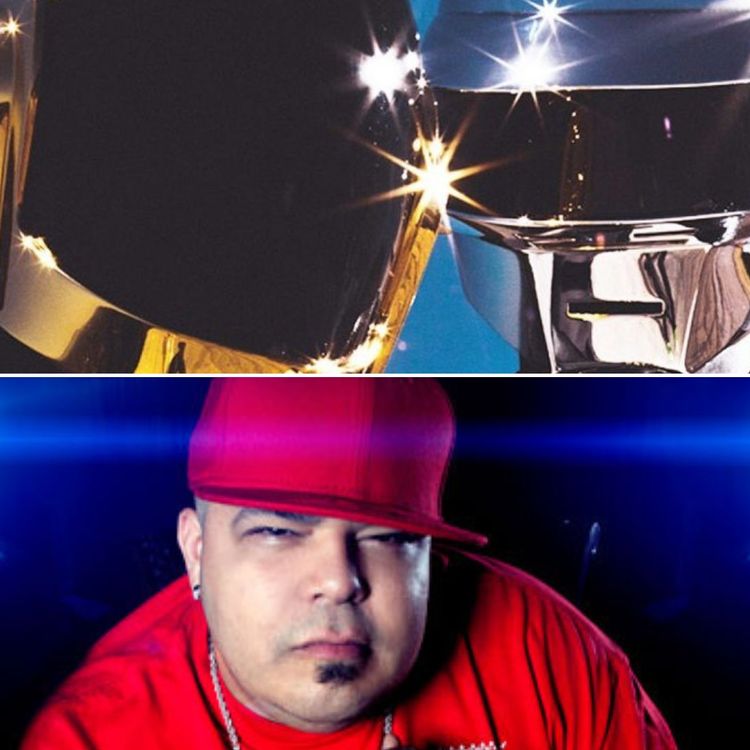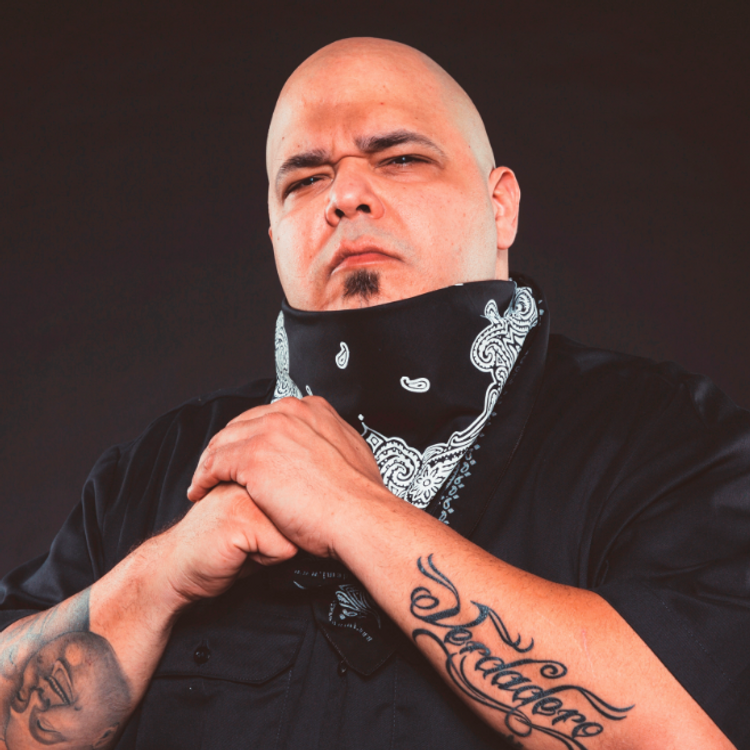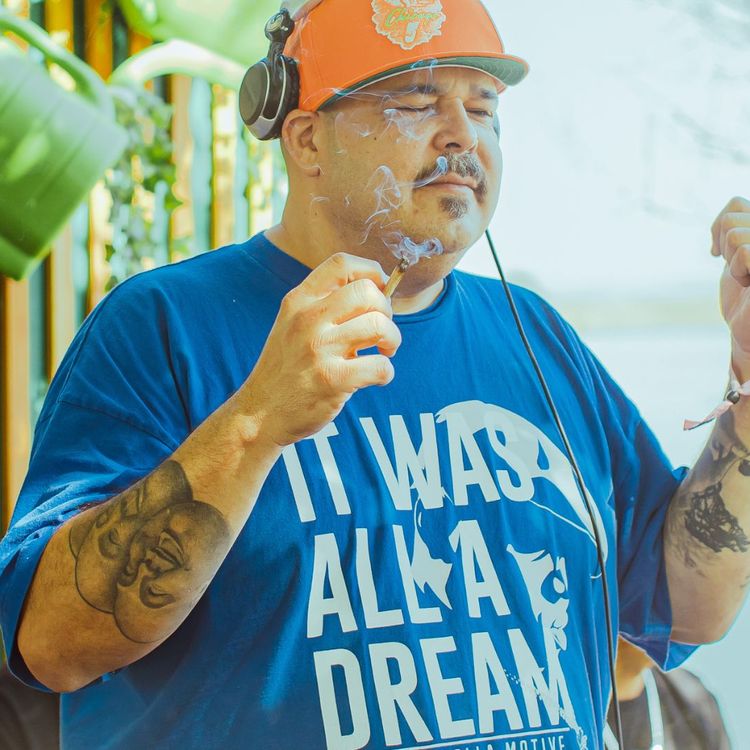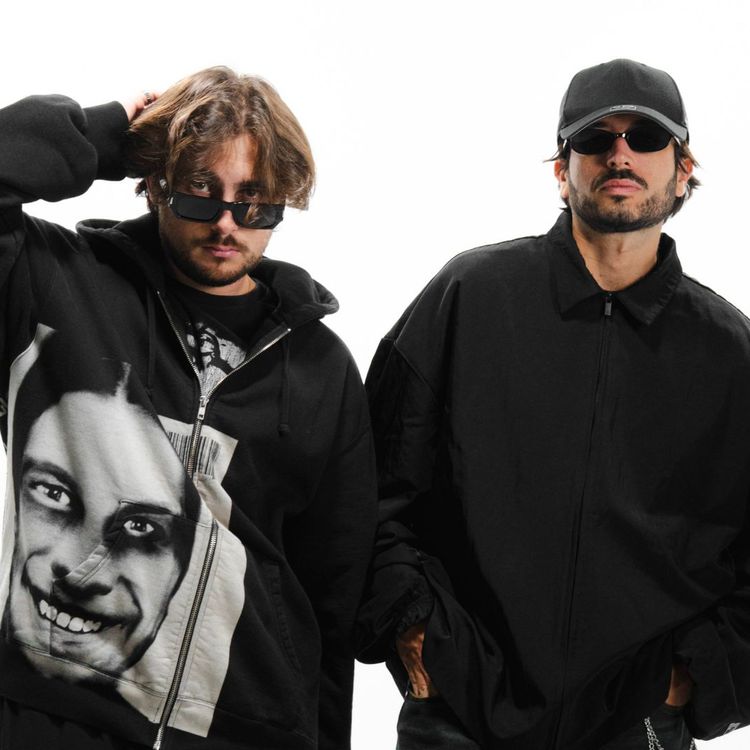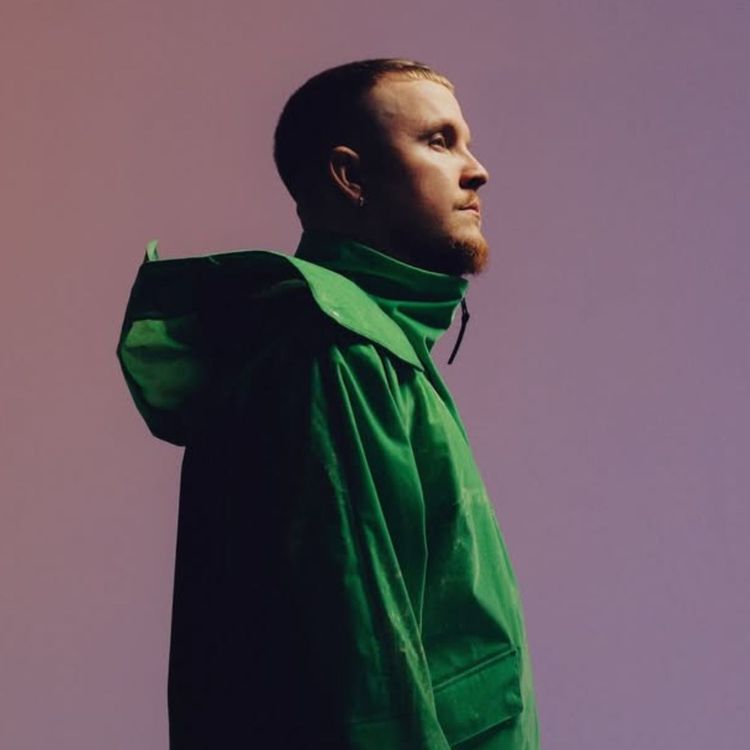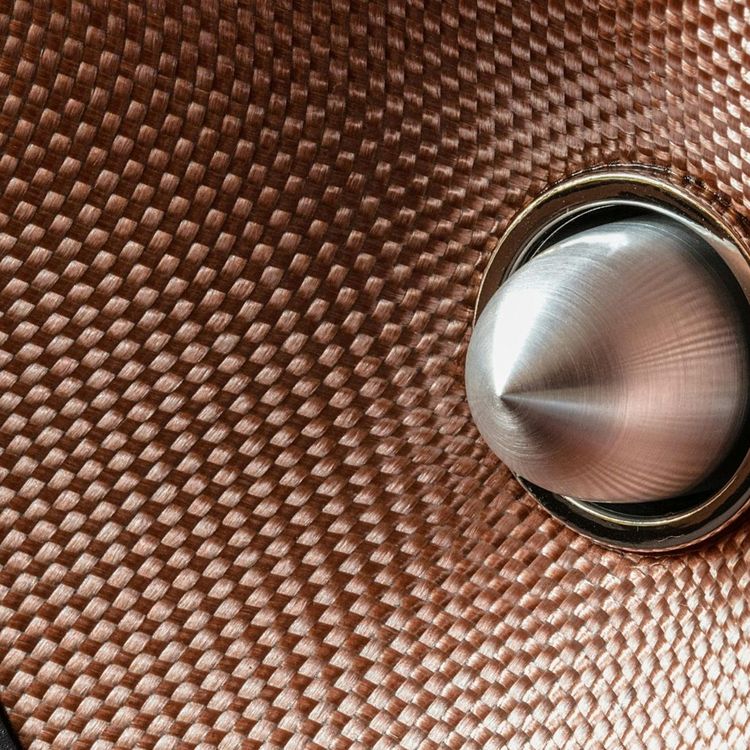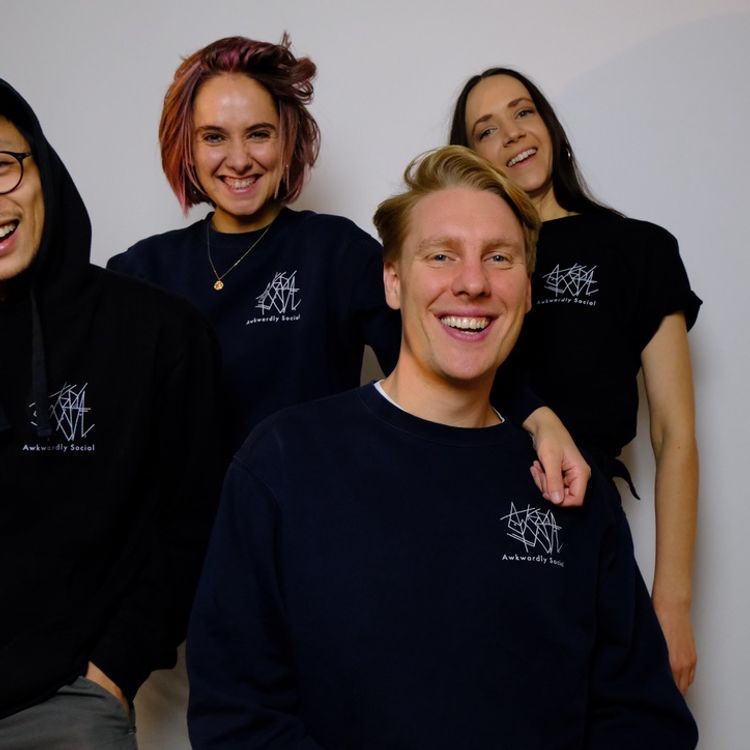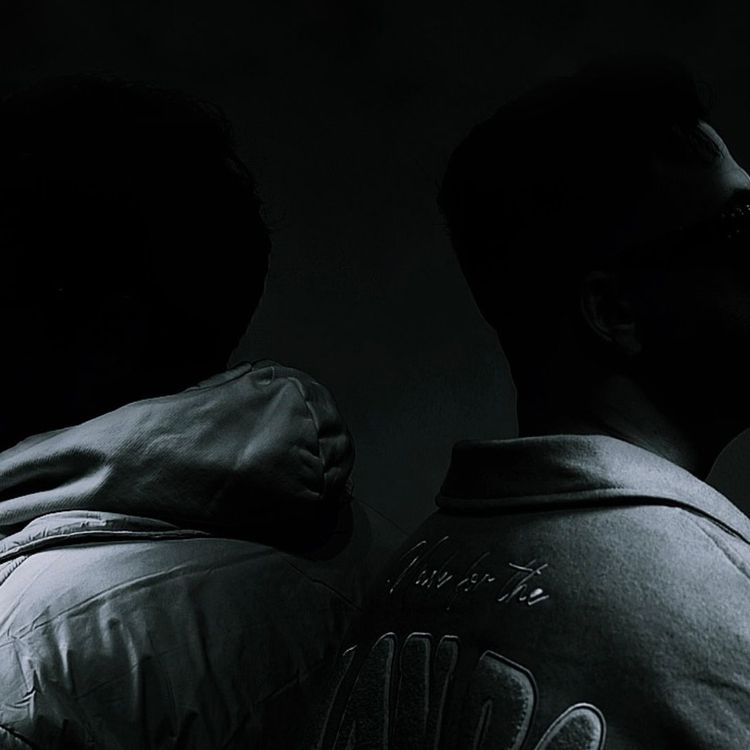Dirtybird Residents on What Makes Campout Unique
How a lifelong passion for electronic music and community building for Dirtybird Records head honcho Claude VonStroke helped establish Dirtybird as one of the preeminent brands in American electronic music.
In the early 2000s, long before he was Claude VonStroke, Barclay Crenshaw independently produced and directed the documentary Intellect: Techno House Progressive. Some regard Intellect as one of the most comprehensive films ever made about DJs and underground electronic music culture.
Intellect features a staggering amount of interviews from pioneering DJs and electronic music producers—Juan Atkins, Miguel Migs, Orbital, Paul Van Dyk, Deep Dish, Sandra Collins, Steve Lawler — the list goes on. Justin Martin, the first cornerstone producer on Dirtybird Records, also made much of the original music for Intellect rendering the catalyst for the foundation of Dirtybird Records.
“Derrick Carter and I were in New York on 9/11. I was completely broke. And I still had to finish my movie,” recalls VonStroke. Despite the tragic events, the desperate director did what had to save his fledgling documentary.
“I went and begged [Carter] to do his interview. He didn’t want to do it. No one wanted to do anything [after 9/11]!” said VonStroke, speaking to Gray Area at Dirtybird Campout. “But he came down out of his room at the W Hotel and did the best interview of the whole [documentary]. Last night, we were chatting about [Carter’s Intellect interview] for the first time since it happened,” reminisces VonStroke.
“Full circle. That’s 21 years later,” VonStroke says, a look of awe quickly spreading across his face.
Roots run deep at Dirtybird Campout.
CHICAGO HOUSE
“It’s so good!” barks DJ Sneak in response to a query from fellow DJ Mark Farina as two Chicago house legends join ringleader Derrick Carter in the Thursday night Bass Lodge booth.
Being onstage like that at Campout “is like cooking with your best friends in somebody’s kitchen that we know,” says Sneak.
“The funny part is that we don’t even speak about what we’re gonna play. We just show up and play. That’s always been our formula, we just freestyle. We’re so seasoned, we each have a style. When we come together — it’s magic.”
Deron Delgado, Dirtybird Records label manager, explains Campout’s booking of the three living Chicago house legends to open the festival.
“Sneak and Carter and Farina — we literally grew up listening to [them] before any of us were DJs,” says Delgado. “Personally, they’re three of my biggest influences growing up as a wee raver.”
Sneak says that “Derrick has always been our lead — I’m from Chicago too, Mark’s from Chicago. But Derrick has always been that lead and that light. He’s like the libra mama, you know? We follow his lead. His best is fucking incredible.”
“I’ve been in the business for 30 years. The last 15 years for me was really strange because the whole EDM thing switched demographics,” Sneak continues. “It wasn’t real talented DJs. It was talented performers, entertainers of some sort. But not DJs,” says Sneak.
Sneak might be right. The musical vapidity of EDM is likely not culturally sustainable. But it’s still a giant slice of the worldwide electronic music pie. But according to Sneak, a generational sea change might be at play.
“What’s happening now is there was two generations after EDM and now there’s this,” says Sneak. “They’re starting to be like, ‘we want authentic, we want underground. We want the real stuff — we want to know what it is that Derrick Carter and DJ Sneak and Mark Farina are known for.’”
As for his relationship with Dirtybird, Sneak says that “Claude’s around my age, we’re in the same circles. It’s great that there’s a new way, a new platform to expose these kids to real underground music.”
THE GANJA GARDEN
“I stopped smoking a couple of months ago and ironically booked the Ganja Garden,” Delgado, the label manager for Dirtybird Records, says before his Friday morning set at the Ganja Garden — the newest stage presented by Dirtybird in partnership with the People’s Remedy dispensary.
Explaining the thought process behind booking artists for Campout, Delgado says, “There’s the Birdhouse and the Bass Lodge. The Birdhouse is obviously the fun house, tech house stuff like that and then Bass Lodge where we can get totally weird and do whatever we want with it. We put out a lot of house and techno records but we’re all big fans of bass and drum and bass.”
The actual process behind the booking strategy?
“It’s a constant jigsaw puzzle,” concedes Delgado.
There’s also the ever-present question of how the label and events have created Dirtybird’s ongoing sound.
“We have our own sound, and I think that sound has a very big dynamic range,” analyzes Delgado. “Maybe when we first started 17 years ago it was more narrow but now the Dirtybird sound both at the label and at our events, is much wider.”
For VonStroke, the record label was created at lead partly as a rejection of the house music status quo.
“The record label was started because we didn’t really like what was going on in house [music] that much. It was cool, but… it’s actually the same stuff that’s getting popular right now,” says VonStroke. “This really glossy, vocal house that’s way too well produced. It doesn’t sound organic anymore. Like a pop producer is making it.”
VonStroke says he seeks something more from the electronic music he purveys to wide audiences.
“I wanted to add elements of hip hop and drum and bass and more gritty sounds into house. I mean, it totally worked [for Dirtybird]. But now, everyone’s cloned it five times over. So we’re always pushing the next thing.”
Pushed to articulate Dirtybird’s constantly evolving central sound, VonStroke responds with a chuckle. “We’re just doing everything that’s not bro house! Anything where you drink beer out of a shoe, we’re not releasing. And it’s kind of our fault that even happened. So — we’re sorry!”
What happens when everything is self-referential all the time? What has meaning then? Will Dirtybird swallow its tail feathers until it eventually blinks out of existence? Or does Dirtybird rise above the cultural fray to become an inter-generational dance music powerhouse? Only time will tell.
The future sound of Dirtybird for VonStroke?
“I don’t have any idea,” VonStroke says earnestly.
AN AUSTRIAN HOUSEHEAD IN AMERICA
Back on the scorching blacktop path near the entrance to the festival grounds, Regina walks sluggishly in the afternoon sun, her face obscured under a full-head tan-colored camping visor.
Originally from Austria but now located near Wilmington, North Carolina, she says there isn’t anything similar to Dirtybird Campout on the east coast where she lives.
“A different mindset,” she croaks in a heavy Viennese accent, voice already obliterated by 3:00 pm on day two.
Regina has strong feelings about house music and her conception of bass music.
“House music takes you on a journey to a new world. I dance with my eyes closed,” she reminiscences, her voice barely a whisper. “You want the people around you to create the energy.”
When asked about her thoughts about the different styles of bass music at Dirtybird Campout, she smirks in a quickly spiteful turn.
“I hate bass music!” she sputters.
It’s not a surprising opinion coming from a European house head like her. She’s immovable from her position that bass music cannot inspire the same feelings as house music.
Her perspective makes sense, though, when referring to Plump Record founder Kevin Knapp’s unique perspective on the physical and cultural divides between bass music in general and house and techno — a gap that spans both musical genres and the Atlantic Ocean.
“I’ve just spent nine years in Berlin. My partner and I just moved back [to America] in January,” says Knapp. “The scene in America and the scene in Europe are a bit more distant now than I think they were in the past. So I don’t know what Europe often considers ‘bass music’ is that influential for them right now from a cultural perspective.”
Perhaps this is where Dirtybird might be able to make its biggest cultural impact — by connecting artists, sounds, and aesthetics across genres and physical space itself.
PINK FUZZY GOLF CART
Back-back stage at the Birdhouse, Mary Droppinz winces in pain as she climbs into the passenger seat of the pink fuzzy upholstered luxury golf cart.
She’d just sprained her ankle in a personal training session before Campout began. Try to see if you can notice even a hint of that injury during her bouncy stage performance and other appearances in the various booths at Dirtybird Campout over the weekend.
Concerning the often disparate sounds that play at Campout, she says, “they totally coexist. I love house myself. I have a house side to me and I play that, but there’s also the bass side,” observes Droppinz.
“Dirtybird is a place where people that have really great tastes can come and just enjoy and frolic. That’s what’s cool — if you like bass and house the you just know there’s seasoned electronic listeners, and I like that”, says Droppinz.
“That’s what’s special about it here.”
A PERCOMANIAC AMONG DIRTYBIRDS
“I think my sound is pretty eclectic, a bit psychedelic, and probably a little disorienting at times,” says Dirtybird resident Lubelski. “My good friend [and Percomanics label mate] Wyatt Marshall loves to say that my sets are like getting beaten down by drums and synths.”
That’s a fair way to describe Lubelski’s unique, dynamically searching sound.
Regarding Dirtybird’s unique crowd, Lubelski says, “I think the Dirtybird crowd really loves their booty-shaking beats, but they are also very receptive to new sounds given the lineup that Claude has curated.”
And on the mixture of subgenres for the fan base at Campout and the friction between fans of different subgenres, Lubelski says at Campout, “there isn’t any sense of elitism or snobbery. All good vibes. It shows how Dirtybird places their priorities on fun, music, and community.”
Those who may wonder where Dirtybird’s future sound lies would be wise to pay attention to forward-thinking artists currently in Dirtybird’s orbit — artists like Lubelski, Droppinz, Nala, Ardalan, and Walker & Royce. These artists, who actively explore across genres and aren’t beholden to any hard and fast rule about electronic music, are those to pay attention to moving forward. They’ll set the future Dirtybird sound through their creative decisions in their upcoming releases — likely in unexpected ways.
Maybe that’s why VonStroke sounds so honest when he claims he has “no idea” where the sound of Dirtybird is going next.
